The older generation grew up in a time where being self-reliant and having practical skills was crucial. Many of these abilities, once necessary, have become less common as technology has made life easier. Still, these old-school skills still have real value, and younger generations often wish they had learned them as well.
Let’s take a look at these skills that Gen just can’t help but envy.
Sewing and Mending Clothes

Imagine a time when throwing away a shirt just because of a missing button was unthinkable. That’s how things were for older generations who repaired their own clothes. Fixing a tear or hemming a skirt was second nature. It was economical, practical, and oddly satisfying. Today, while most of us would rather buy new clothes than mend old ones, there’s a definite appeal in the idea of being able to fix what you already own.
Writing Letters by Hand

Before texting and emails took over, handwritten letters were the way people communicated. There was something undeniably special about sitting down with pen and paper, carefully choosing your words, and sending off a piece of yourself. Younger generations, raised on instant replies, rarely experience the anticipation of waiting for a letter to arrive in the mail. It’s a slower, more meaningful way to connect, and it’s easy to see why people today wish they had that kind of patience and focus.
Cooking Without Recipes

Some people from older generations could whip up meals without ever glancing at a recipe. It was more about instinct and memory than measuring cups and spoons. These cooks learned through experience, often guided by older family members, and knew how to adapt dishes to what they had on hand. It’s an impressive skill, especially in a time when so many rely on apps and cookbooks to tell them exactly what to do.
Canning and Preserving Food
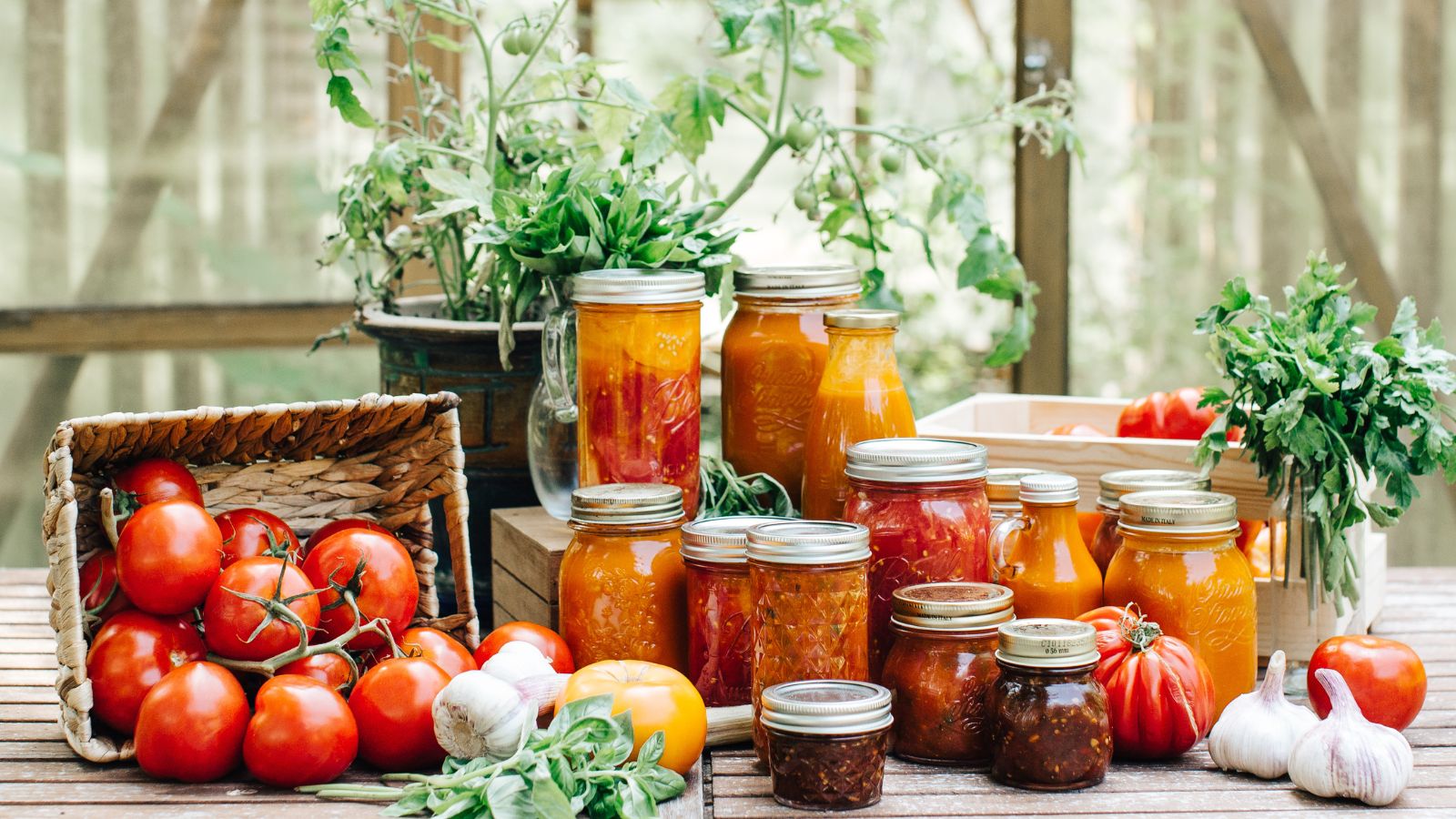
A jar of homemade jam or a shelf lined with pickled vegetables wasn’t a novelty decades ago, it was a necessity. Preserving food for later use meant families could enjoy their garden’s harvest year-round.
Today, while it’s easy to grab canned goods at the store, there’s something appealing about the homemade touch. Younger people are starting to take an interest in this skill again, but it’s nowhere near as common as it once was.
Fixing Appliances at Home
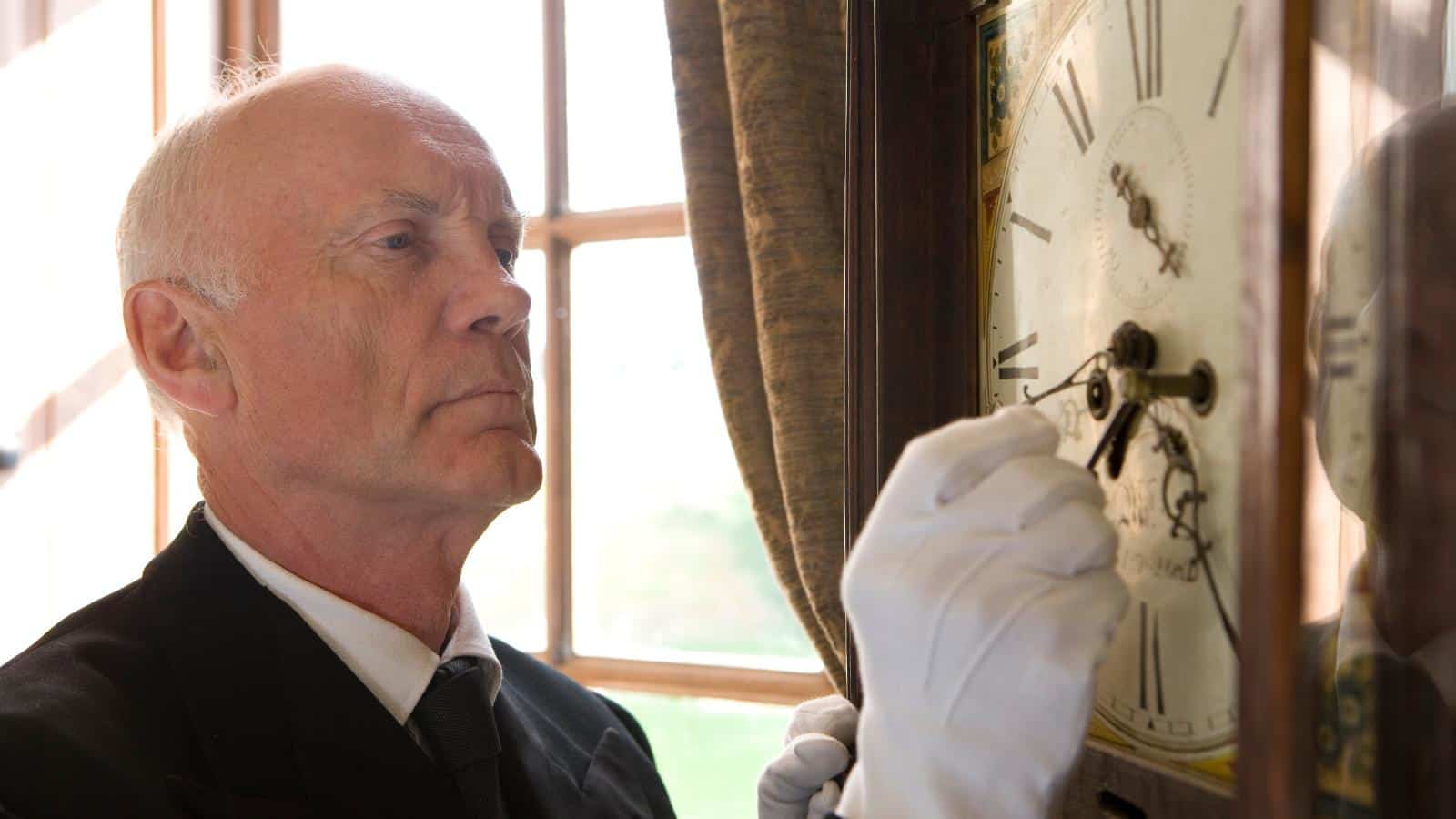
If an old appliance stopped working, you didn’t just toss it in the trash. Back then, people often took things apart, figured out what was wrong, and repaired them. It was really about understanding how things worked. These days, technology evolves so quickly, and electronics are cheaper to buy, As such, fixing things has become a rarity.
Starting a Fire Without Matches
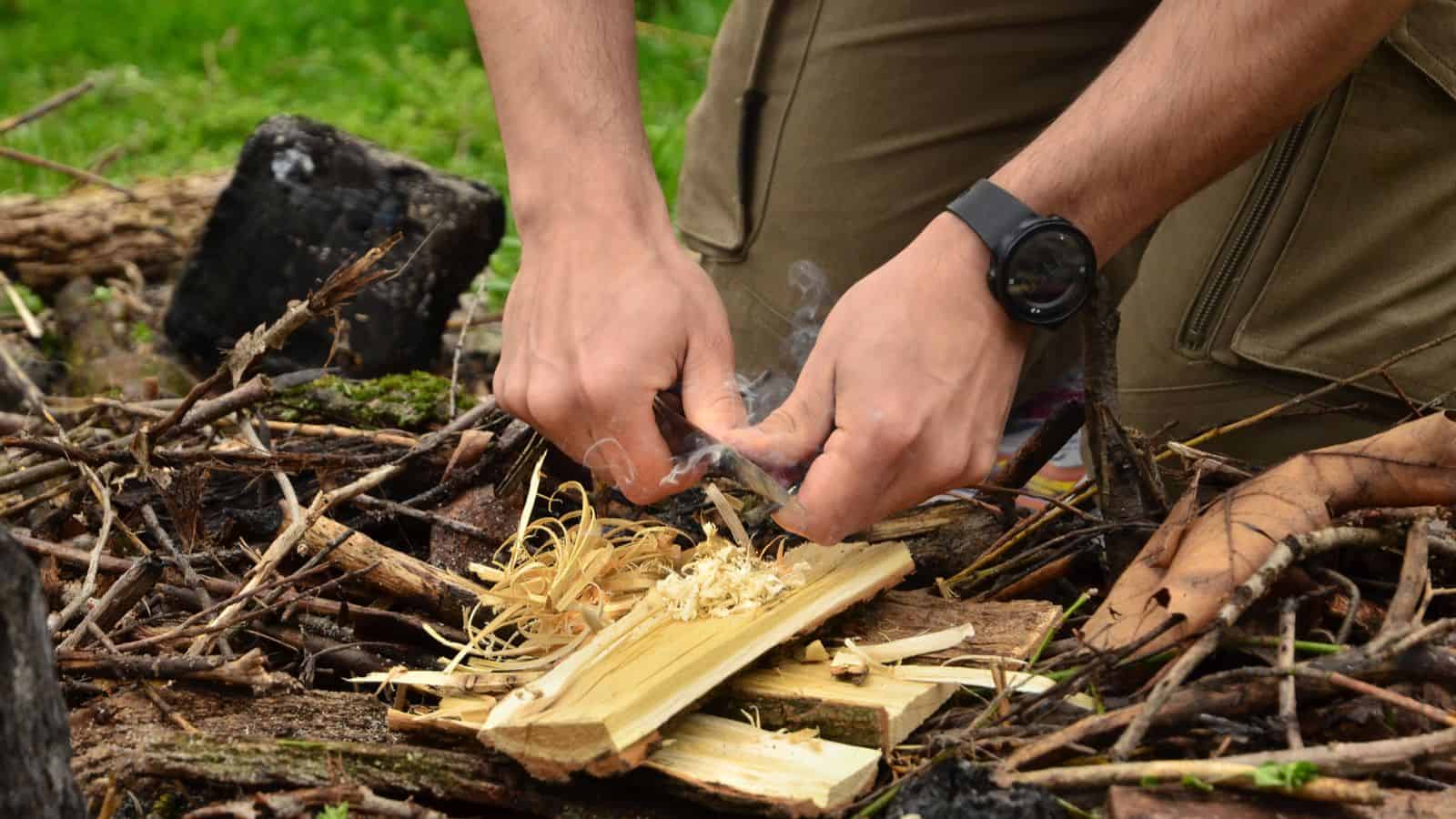
For many people in older generations, starting a fire without modern tools wasn’t a party trick, it was a basic skill. Whether it was for camping, heating a home, or cooking, knowing how to create fire was essential. It’s a skill that few people today have mastered, but it’s one that holds a certain mystique. After all, it’s hard to imagine surviving in the wild without it.
Driving Manual Transmission

Learning to drive a stick shift was once a rite of passage. Older cars didn’t have automatic transmissions, so most drivers had to learn how to use a clutch and shift gears. It required coordination and focus, skills that many drivers today lack. While manual cars are less common now, there’s still an air of coolness and control that comes with knowing how to drive one.
Navigating with Paper Maps

Before smartphones gave us turn-by-turn directions, people used paper maps to get around. It wasn’t as simple as plugging in an address and hitting “go.” You had to study the map, plan your route, and pay attention to landmarks. This skill taught spatial awareness and problem-solving, things that GPS navigation doesn’t encourage. It’s no wonder that younger generations envy this kind of independence.
Gardening for Food
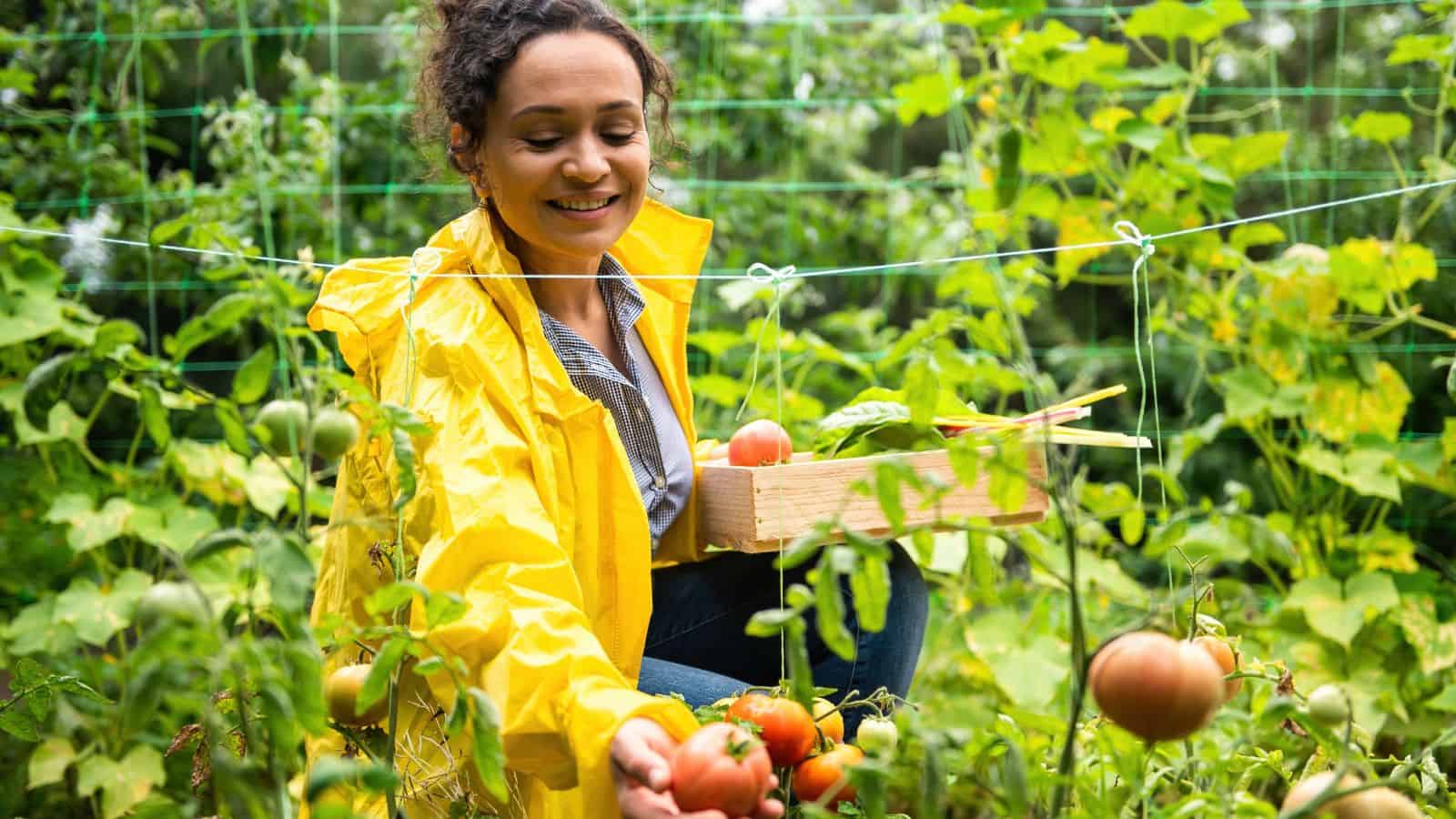
Growing your own fruits and vegetables was once a common practice, especially in rural areas. Gardening taught patience, hard work, and an appreciation for nature’s rhythms. Today, while gardening is more of a hobby than a necessity, there’s a deep satisfaction in growing something yourself, and many people wish they had the time or space to do it.
Knitting and Crocheting
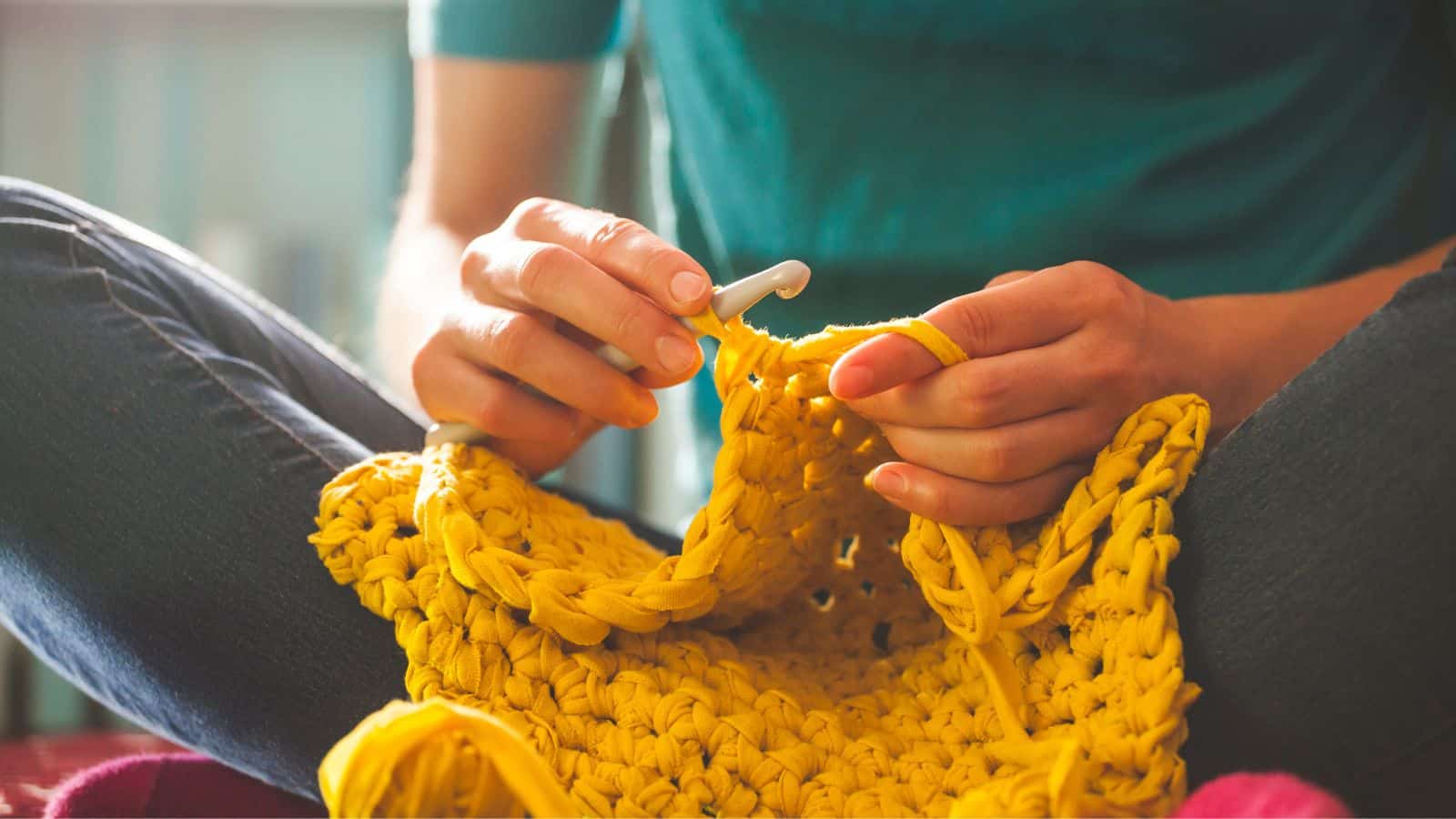
Not so long ago, making your own blankets, scarves, or even sweaters was a common pastime. These crafts were more than just hobbies, they were practical ways to provide for your family.
While knitting and crocheting have seen a resurgence in recent years, they’re still far from the everyday skills they used to be. People admire the creativity and effort that go into handmade items, wishing they had the patience to learn.
Cleaning Without Chemicals
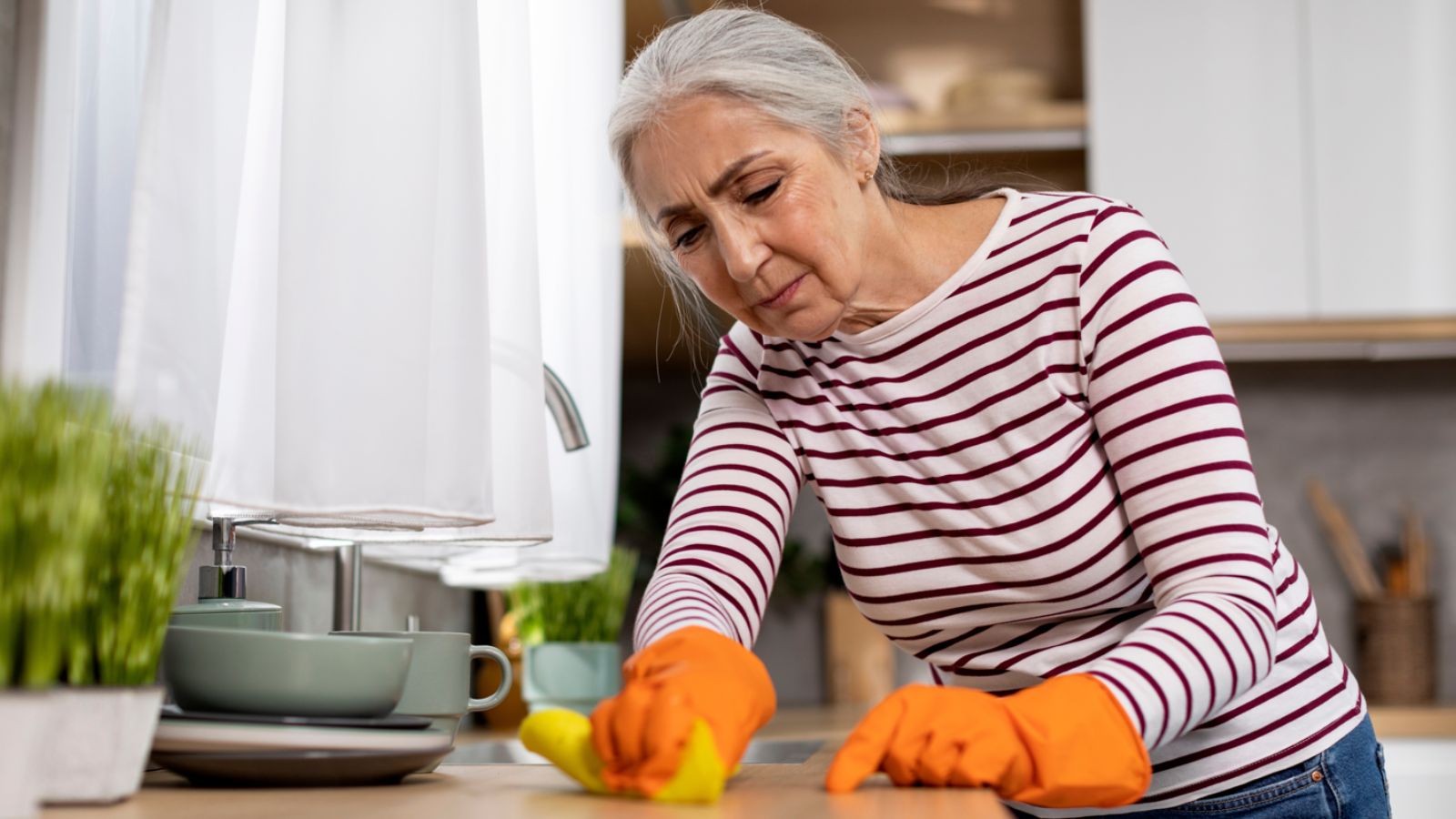
Before store shelves were lined with specialty cleaners, people cleaned their homes with basic, natural ingredients like vinegar, baking soda, and lemon. These methods were simple, effective, and often safer than today’s chemical-heavy options.
There’s a growing movement toward more natural cleaning solutions, but older generations did it out of necessity, not trendiness.
Building and Repairing Fences
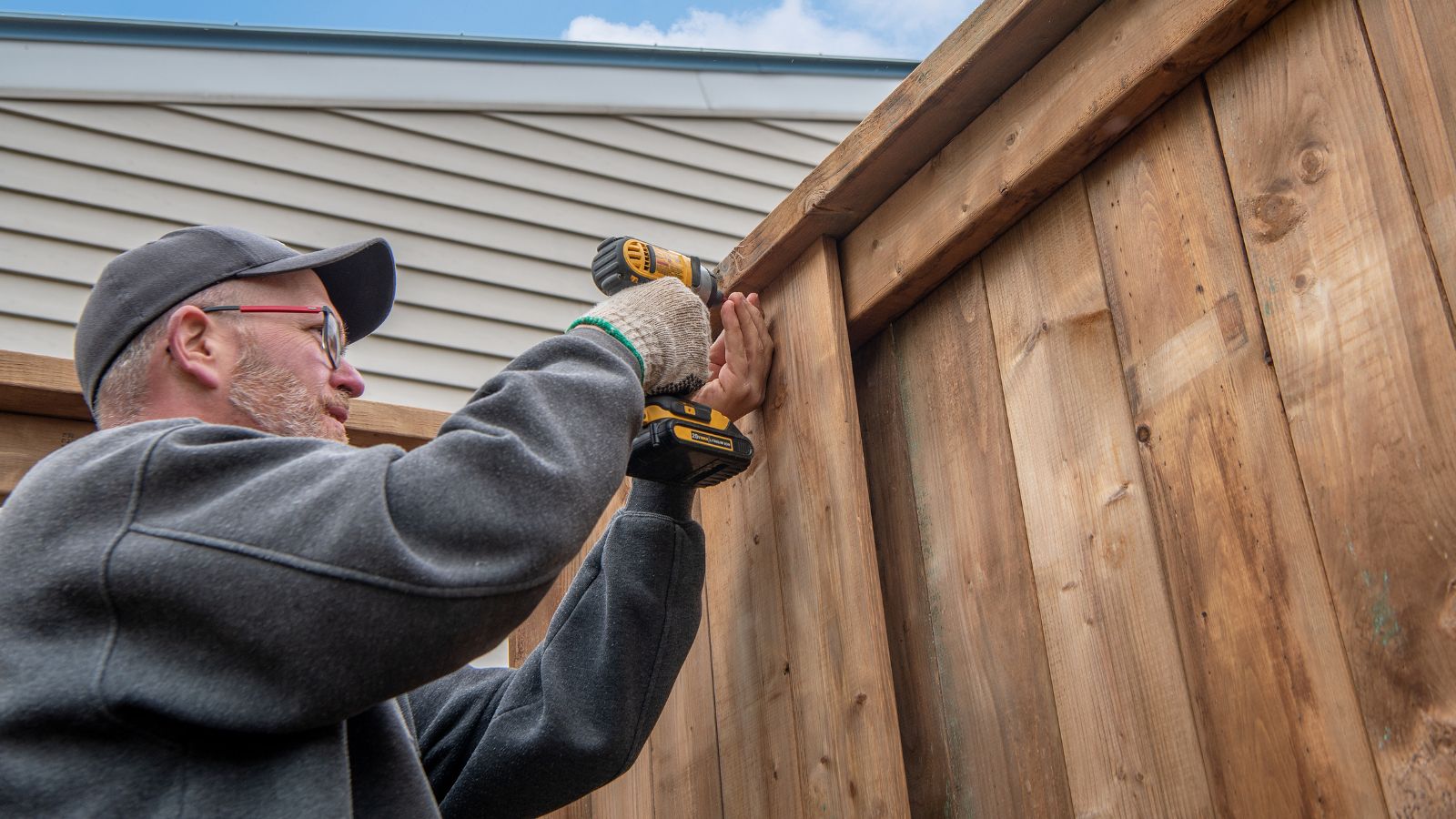
A sturdy fence wasn’t something you bought—it was something you built. Older folks often knew how to dig post holes, measure materials, and construct a fence that would stand the test of time. It was hard work, but it taught valuable skills like precision and planning.
Many people today lack the tools or knowledge to take on such a project, making this skill all the more impressive.
Maintaining a Car
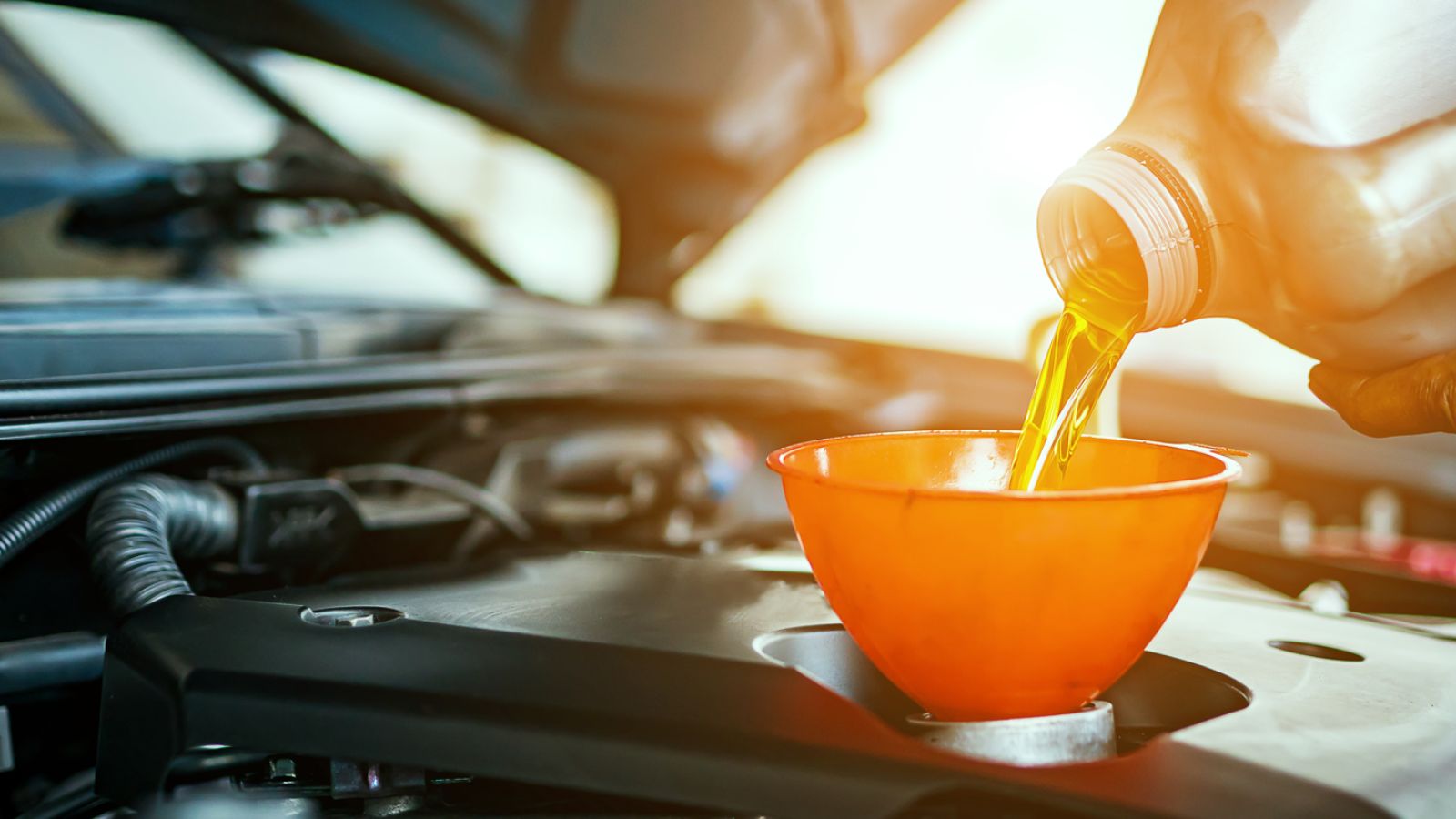
Changing your own oil, replacing spark plugs, or fixing a flat tire were everyday tasks for many drivers in the past. Cars were simpler then, and so were the tools needed to maintain them.
Today’s vehicles are more complex for sure but there’s still a sense of pride and independence in being able to do basic repairs yourself.
Hunting and Fishing for Food

For some, hunting and fishing weren’t just hobbies—they were ways to feed the family. These skills required patience, knowledge of the land, and respect for nature. As we know, modern grocery stores have made them less necessary, however, they’re still admired for the self-reliance and connection to the outdoors they represent.
Sharpening Knives
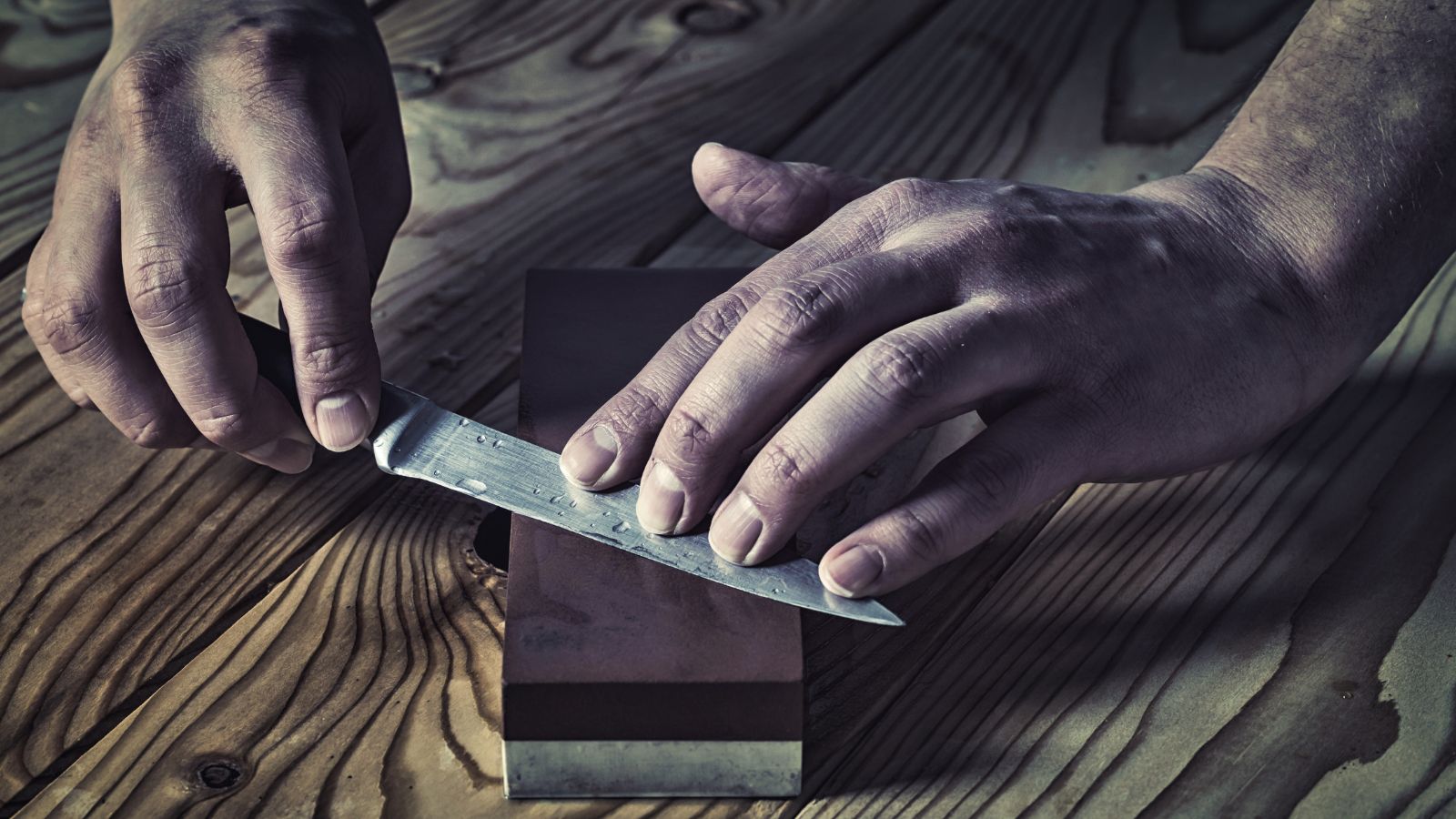
A dull knife was never an option for someone who relied on it daily. Older generations knew how to use a whetstone or sharpening steel to keep their tools in top condition. It’s a simple yet important skill that makes cooking safer and easier. These days, many just buy new knives when theirs get dull so there’s really something satisfying about bringing a blade back to life.
Making Repairs with What You Have

Improvising solutions with limited resources was a way of life. If something broke, you didn’t always have the money or tools to fix it properly, so you made do.
Whether it was using duct tape, wire, or a bit of ingenuity, people found ways to keep things working. This kind of resourcefulness is rare now, but it’s a skill that many wish they had.
Teaching Skills to Others
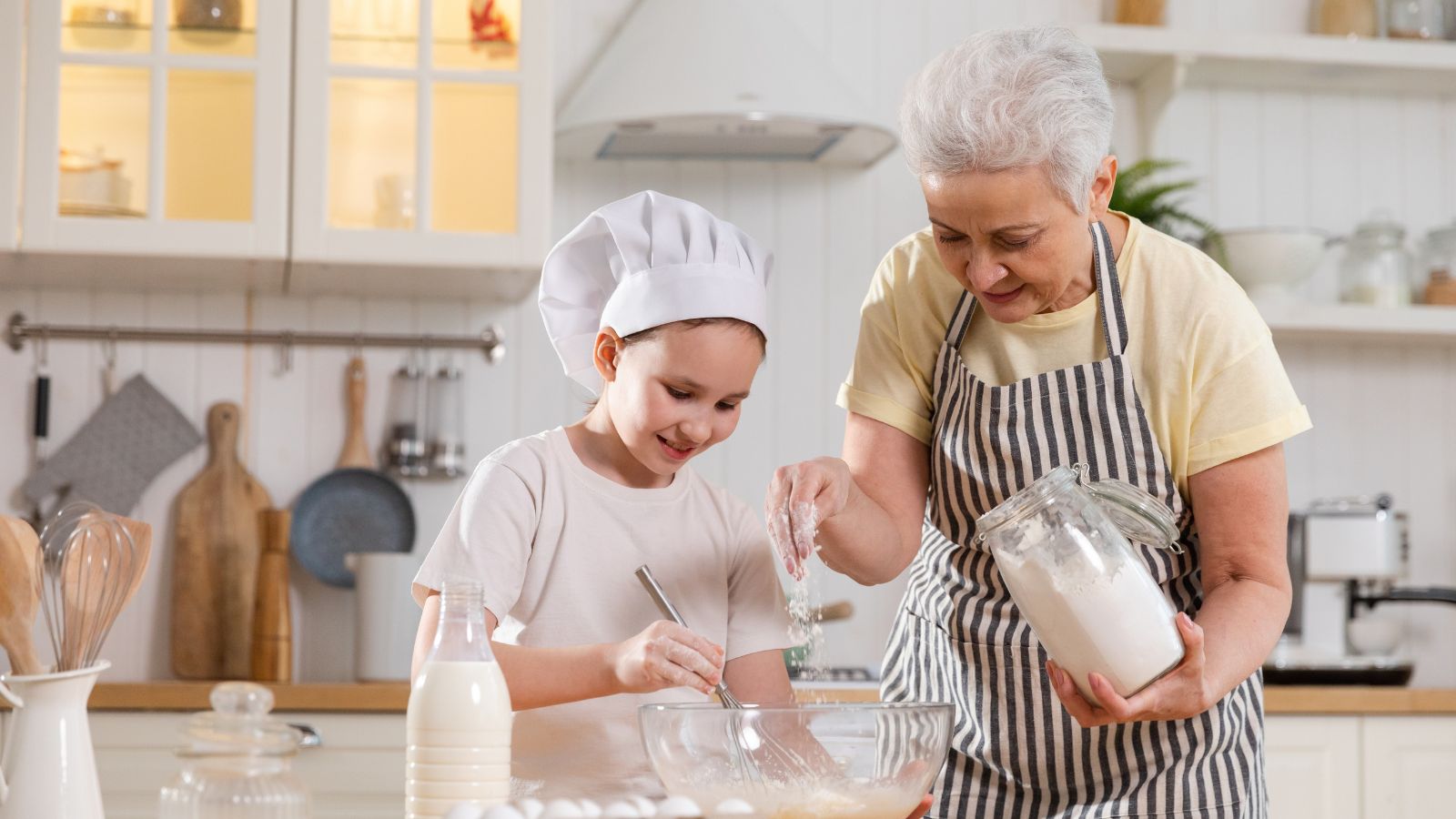
Finally, older generations were often teachers, passing down knowledge through hands-on lessons. Whether it was showing a child how to fix a bike or teaching a neighbor how to bake bread, they valued sharing what they knew.
This kind of mentorship has become less common in a time when online tutorials have replaced personal connections, but its impact is still deeply missed.
